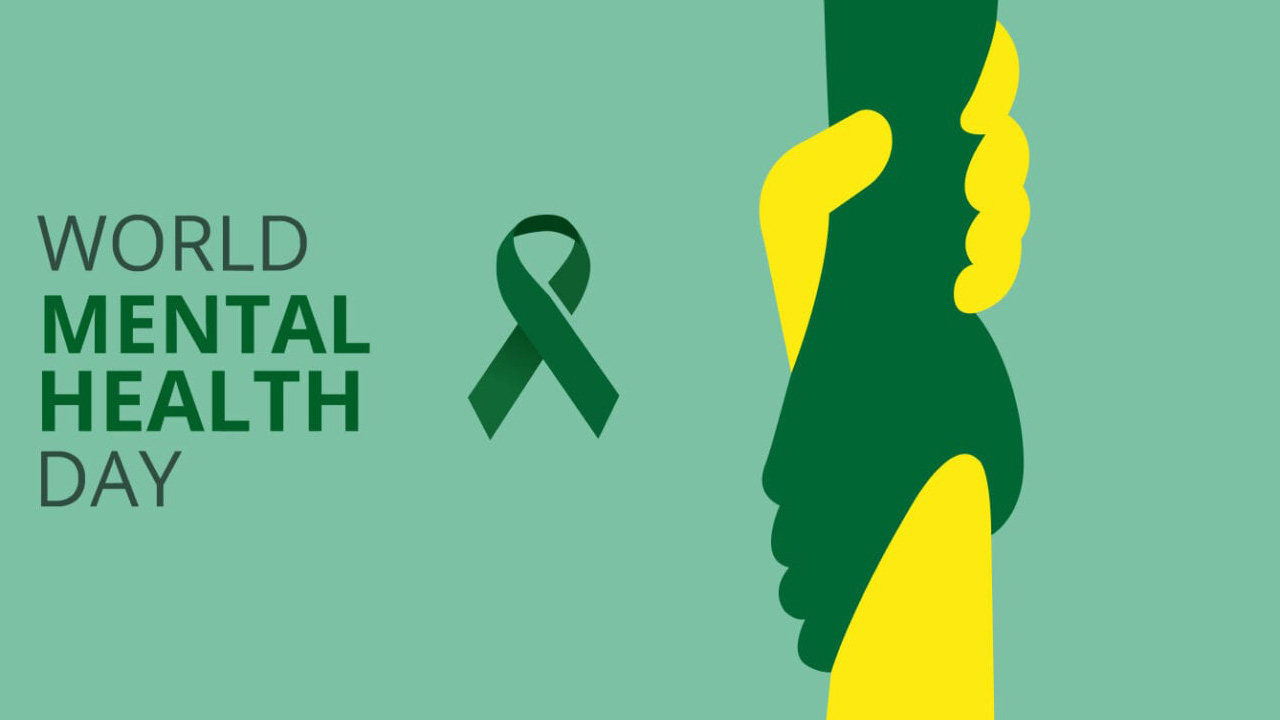The current year's World Mental Health Day, on 10 October, comes when our everyday lives have changed significantly because of the COVID-19 pandemic. It’s a day intended to urge specialists to make a move and make an enduring change inside emotional wellness care.
The previous months have brought numerous difficulties: for medical care laborers, giving consideration in troublesome conditions, going to work dreadful of carrying COVID-19 home with them; for students, adjusting to taking classes from home, with little contact with instructors and classmates, and restless about their fates; for laborers whose vocations are compromised; for the huge number of individuals trapped with uncertainty about their futures, about jobs, about money and their lives in totality, and for individuals with psychological conditions, many encountering considerably more social confinement than before, dealing with the despondency of losing a friend or family member, in some cases without having the option to bid farewell.
This is the reason the objective of the current year's World Mental Health Day crusade is an expanded interest in emotional wellness.
And then there was an increase in the number of cases of domestic violence that women had to face.
Statistics suggest that during the COVID-19 lockdown, the number of Indian women who filed domestic violence complaints has been more than recorded ever in the last 10 years.
This 68-day period recorded more complaints than those received between March and May in the last 10 years. Yet, this unusual increase in complaints is just the tip of the iceberg as 86% of women who experience domestic violence do not seek help in India. The reason being women have a higher mean degree of keeping the issues to themselves while men show a higher mean degree of externalizing their problems.
Regular mental health issues experienced by abused women incorporate depression, anxiety, post-traumatic stress, insomnia, and alcohol use disorders, as well as a range of somatic and psychological complaints.
What are the reasons for mental health issues in Women in India?
As per a United Nations report, around two-thirds of married women in India were casualties of abusive behavior at home and one occurrence of viciousness converted into women losing 7 working days in the nation. Moreover, the same number of as 70% of married women between the ages of 15 and 49 years are casualties of beating, assault, or constrained sex.
Social components and sexual orientation explicit elements decide the prevalence and course of mental problems in female victims. Such as:
Women who abuse liquor or drugs are bound to credit their drinking to a traumatic incident or a stressor and are bound to have been explicitly or genuinely abused than other women. Young women from nuclear families who are married off into joint families. Women married off at an exceptionally young age. Low attendance in emergency clinic settings is clarified by the absence of accessibility of assets for women. Sexual coercion is a genuine and pervasive worry among female Indian mental patients.Let’s look at some statistics:
Around 66% of married women in India were survivors of aggressive behavior at home. Sexual pressure was accounted for by 30% of the 146 women in an Indian investigation. The most normally detailed experience was sex including threatened or real physical force (revealed by 14% of women), and the most regularly distinguished culprit was the lady's better half or close accomplice (15%), or an individual in a place of an expert in their locale (10%).The outcomes of sex-based violence are pulverizing including deep-rooted emotional pain, mental health issues including post-traumatic stress problems and poor reproductive wellbeing.
Common mental health issues experienced by abused women incorporate:
Depression Anxiety Post-traumatic stress Insomnia Alcohol use disorders Range of somatic and psychological complaints.Battered women are considerably more prone to require mental treatment and are significantly more liable to endeavor self-destruction than no battered women.
The cross-sectional information from an ongoing report, in India, demonstrated:
A relationship among brutality and scope of self-detailed gynecological complaints Low body weight Depressive confusion Attempted suicide
The precipitants for self-destruction, as indicated by Indian government statistics, among women contrasted with men are as per the following:
Dowry disputes (2.9% versus 0.2%) Relationships (15.4% versus 10.9%) Illegitimate pregnancies (10.3 versus 8.2) Fights with life partner or guardians in-law (10.3% versus 8.2%).The basic reasons for self-destruction in India are upset relational connections followed by mental problems and physical illnesses.
Spousal violence has been discovered to be explicitly related as a free danger factor for endeavored self-destruction in women. In synopsis, women are exposed to a disturbing measure of violence in youth and adulthood, and the impacts of this savagery are regularly significant and long haul.
Coordinated endeavors at social, political, financial, and legitimate levels can acquire change in the lives of the Indian women and add to the improvement of the psychological well-being of these women.

 Statistics suggest that during the COVID-19 lockdown, the number of Indian women who filed domestic violence complaints has been more than recorded ever in the last 10 years.
Statistics suggest that during the COVID-19 lockdown, the number of Indian women who filed domestic violence complaints has been more than recorded ever in the last 10 years.










.jpeg)








.jpeg)





.jpg)


.jpg)



